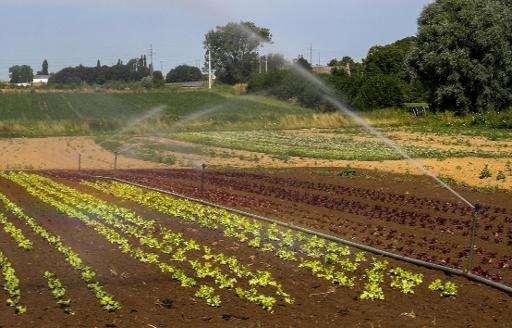An analysis of hair samples from 44 Members of the European Parliament (MEPs), journalists, and scientists detected the presence of pesticides in 91% of the participants, NGO Pollinis announced on Monday. The European Green party argues that the results again show that the EU must tighten laws on pesticides.
Pesticides can enter our body through ingesting contaminated water or food, or even through skin contact or by breathing in products that have been treated with pesticides. To detect their presence in the body, Pollinis carried out a hair analysis in June on 30 MEPs and 14 journalists and scientists within the European Parliament.
Independent French laboratory IRES-Kudzu examined the samples and found that 40 of the 44 participants had pesticide residues in their bodies. Of the 27 different pesticides discovered, more than half (55%) are currently banned for use in agriculture in the EU. The most frequently encountered pesticide was 4.4 DDE insecticide, which has been banned since 1978.
The insecticide transfluthrin was the third most commonly detected pesticide. While banned in agriculture, the chemical is still used for domestic purposes.
Related News
- Over a million people in Europe sign request for ban on synthetic pesticides
- Is organic food really better for you?
The European Greens say that the results demonstrate that the EU has dithered in their reform of European legislation on chemicals (REACH). The Commission recently announced that new reforms were not expected until the last quarter of 2023. The European Parliament will soon discuss regulations to limit the use of pesticides by 2030.
Threat to public health?
“This analysis clearly demonstrates the health risks to which we are exposed on a daily basis,” said Belgian Groen MEP Sara Matthieu, who participated in the study. “Half of the pesticides found are banned in the EU because they are toxic. This can't go on."
The issue of pesticide use is particularly pertinent in Belgium, which regularly tops the list for pesticide contamination in fruit and vegetables. Toxic pesticides were found in 34% of fresh products analysed by Pesticide Action Network Europe. Wallonia’s groundwaters are extremely polluted by chemicals, some of which end up in the local drinking water.
Under proposed EU-level targets, Belgium will need to reduce its use of chemical pesticides by 58% by 2030.

